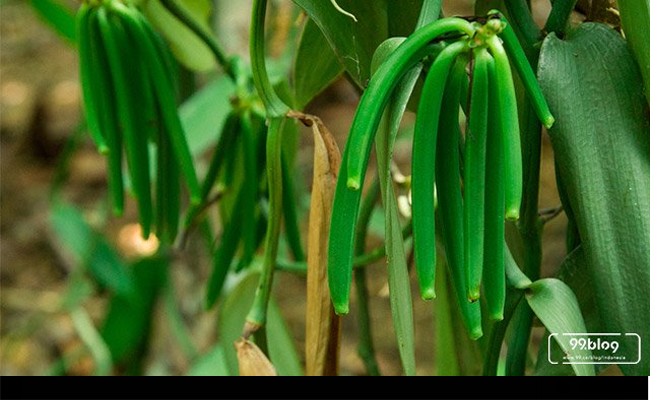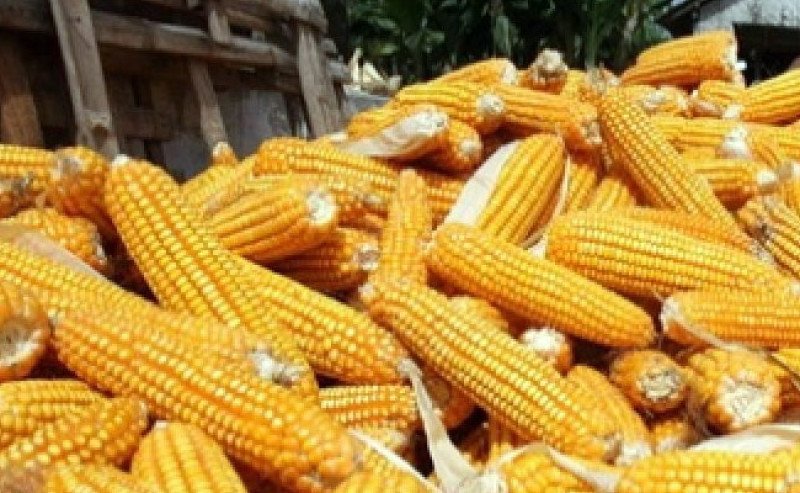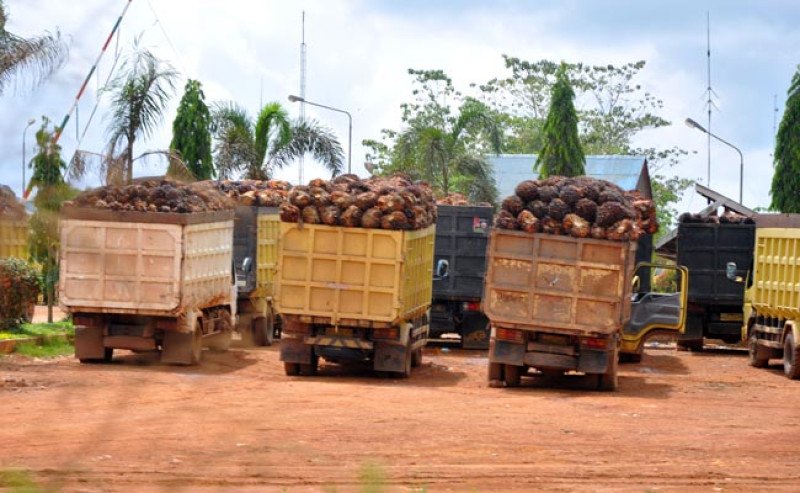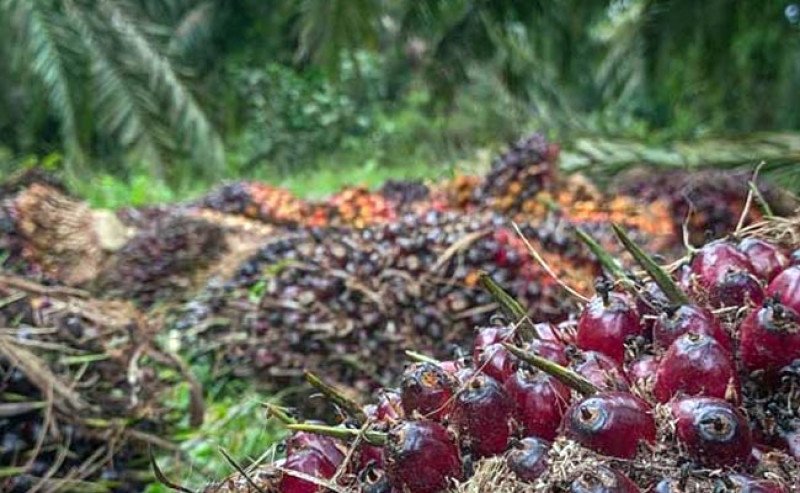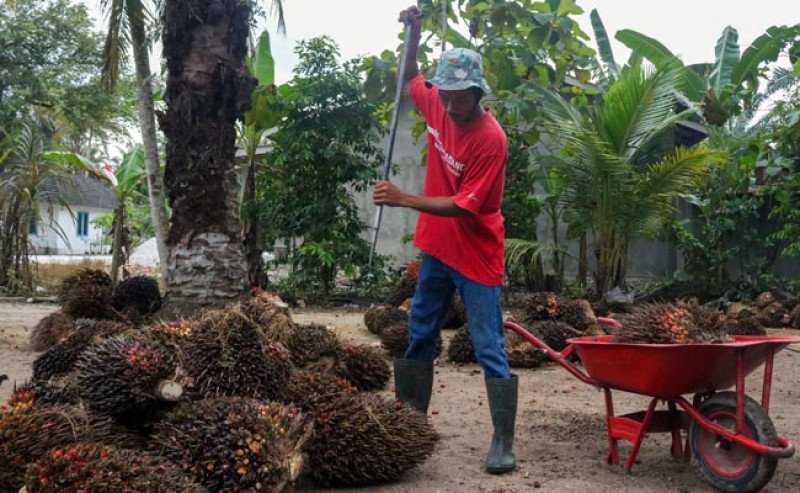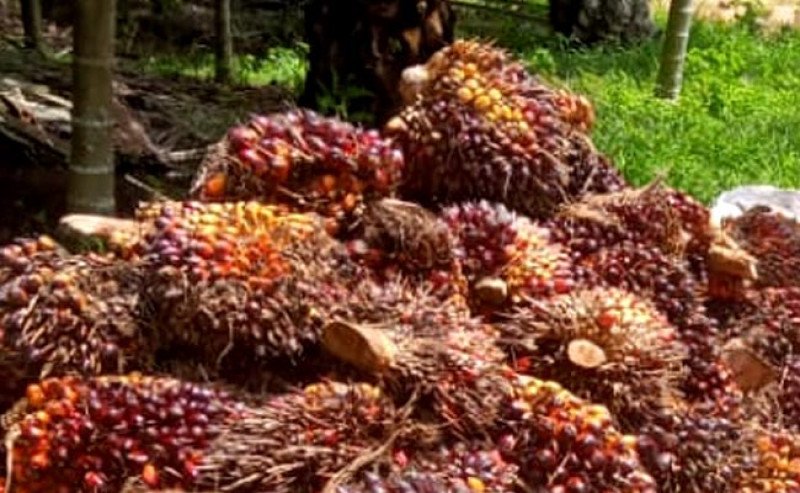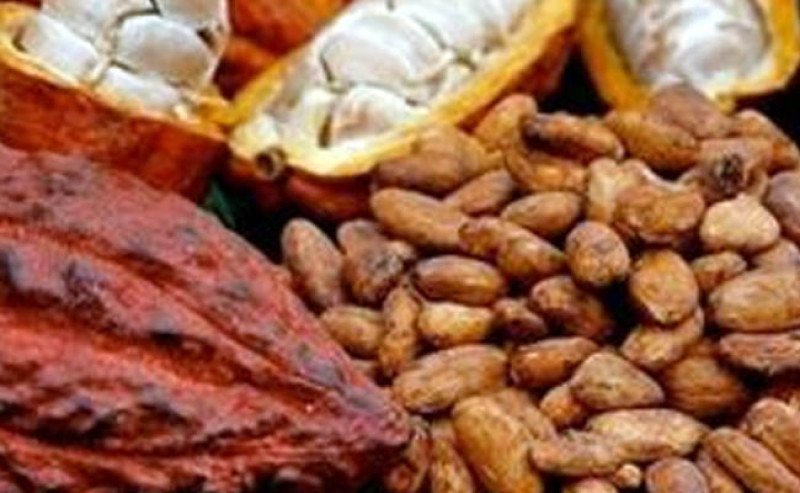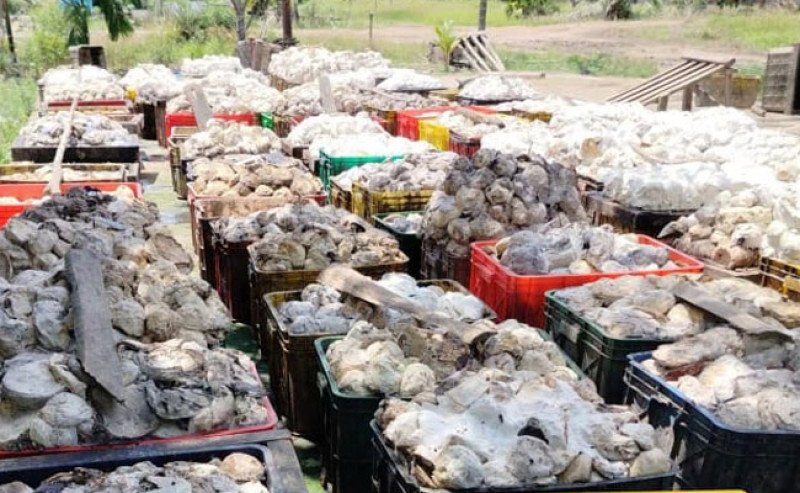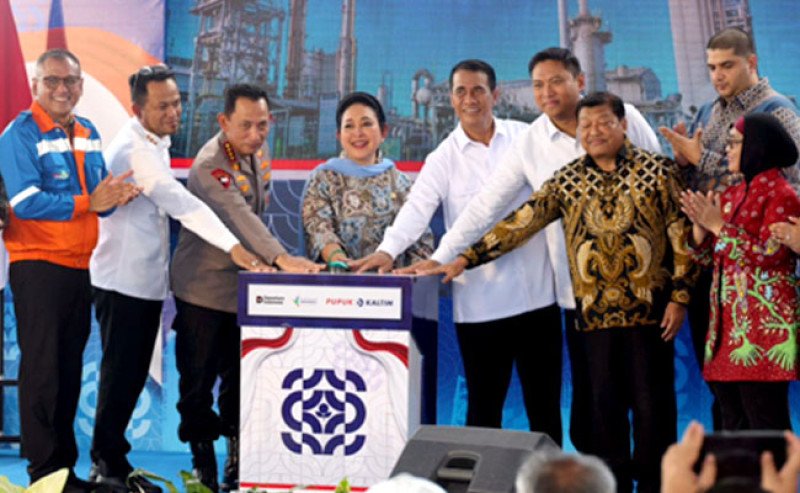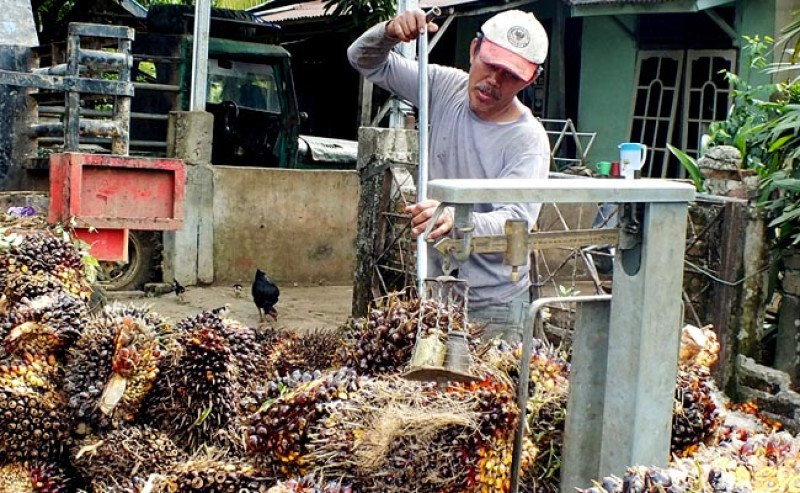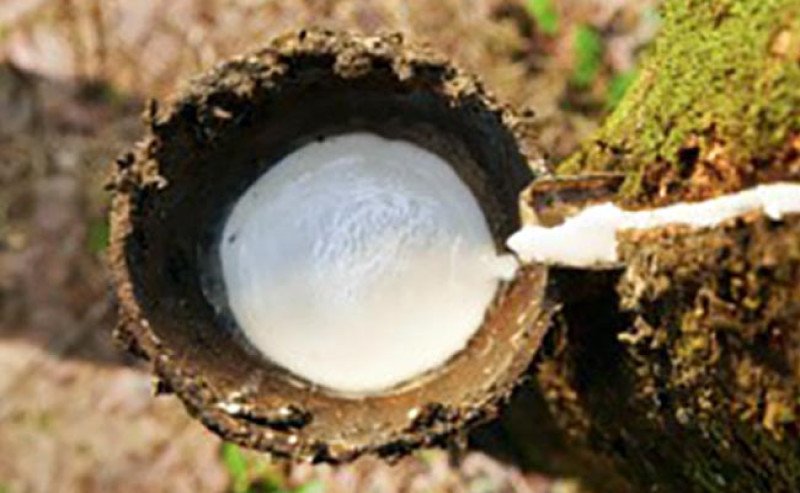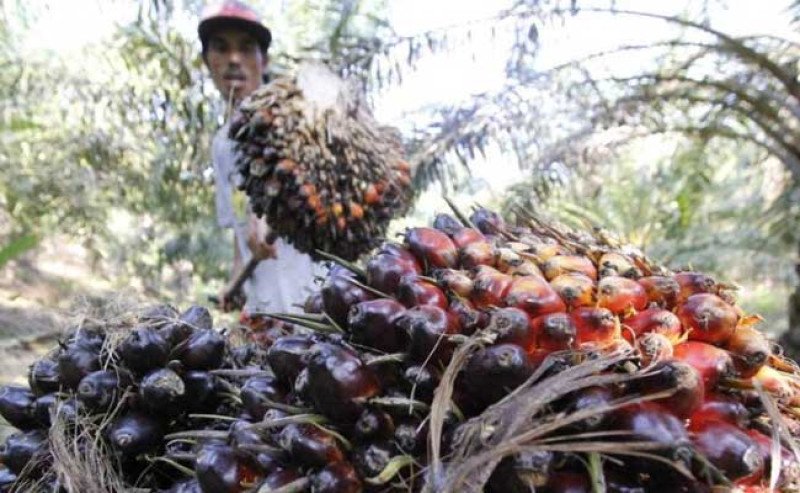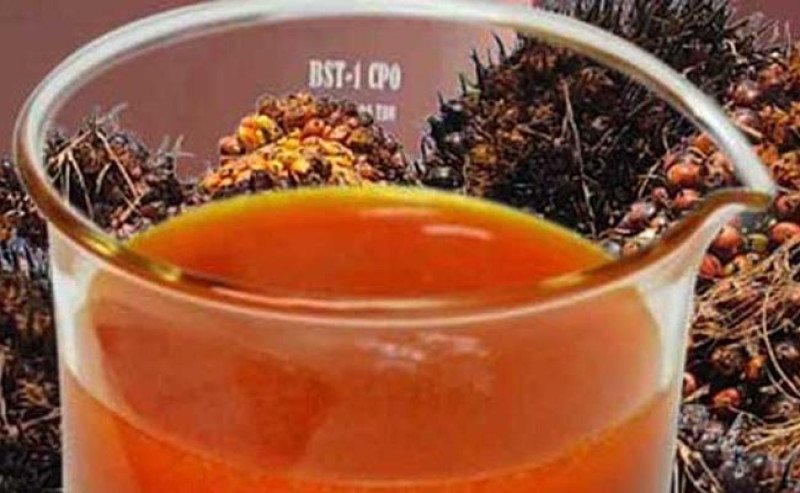Agricom.id, JAKARTA – Ministry of Trade urged the abroad trade attaches and Indonesian Trade Promotion Center (ITPC) to promote added value vanilla. This should be done to make Indonesia as the biggest export country in the world. this could be realized by diversifying the product export by not depending on the raw material but developing the downstream products of vanilla.
General Director of National Export Development, Ministry of Trade, Kasan said that in the web seminar web about ‘Peningkatan Peluang Ekspor Vanilla’, Monday (10/8).
“The derivative products from vanilla, besides giving the added values and increasing the competitiveness, could multiply the export values of vanilla in Indonesia. We do hope the strategic roles of trade attaches and ITPC to promote the vanilla products to have added values,” he said, as in the official statement to Agricom.id.
Besides sharing the information, the web seminar is hoped to be the chance to make trade deals among the potential buyers and the exporters. The pandemic could be the digital transformation moment to advantage the information technology to increase the exports, such as, by tracking the virtual trade agreement.
“As the follow up of the webminar, ministry of trade would facilitate the business matching among the stakeholders in Indonesia to penetrate the international markets. The trade attaché and ITPC should bring the potential buyers from their country with the added value vanilla exporters from Indonesia,” he said.
There are about 110 kinds of vanilla in the world. But Vanilla Planifolia is mostly used as the material for the food and drink industries and to export from Indonesia.
Director of Export Product Development, Ministry of Trade, Olvy Andrianita, said that processing vanilla to have added values, such as, the extract, sari, oleoresin, or powder could be advantaged as the materials for the culinary industries. Besides, vanilla could be used as the material for cosmetic, perfume, herbal, and essential oil.
“Besides in the downstream, the organic, and sustainable certification, traceability and transparency of vanilla in Indonesia need to be introduced to the potential buyers abroad, namely in European Union because it has good markets. The market access and investment need to do by advantaging the trade agreement within the accredited countries,” she said.
Vanilla is often said as the green gold because it has economic values and expensive price. The vanilla seed hit its most expensive price in 2018, about US$ 650/kg. But in 2020, it is about US$ 200/kg.
“We have to develop the downstream products of vanilla so when the price gets cheaper, we could export vanilla still. The expensive price makes many plant it but if it gets cheaper, the farmers tend to plant others which could be profitable,” Chairman Vanilla Institute, John Tumiwa, who is also as the Chairman of Dewan Vanili Indonesia, said.
One challenge to develop vanilla in Indonesia is the buyers which tend to buy the vanilla from the available suppliers. The issue is that some exporters in Indonesia mix it from Indonesia and Papua New Guinea. This makes the taste inconsistent.
“Besides, the low quality of vanilla seeds happens for the ‘early harvest’. The biggest ‘pest’ of vanilla planting is the thief. Some farmers prefer to harvest their plantation earlier to avoid the stealing,” he said.
In 2015—2019, vanilla exports from Indonesia positively increased reaching 32,55 percent. In 2019, Indonesia was the third biggest exporter in the world after Madagascar and French. Madagascar controlled 53,06% of vanilla exports in the world within about US$ 573,17 million. (A2)
